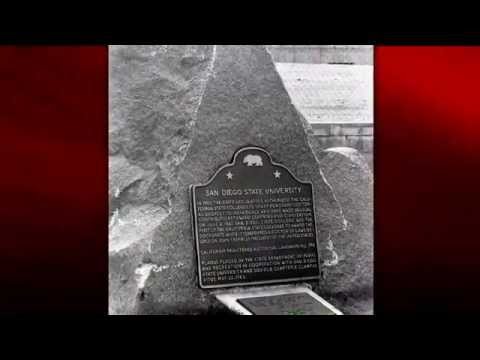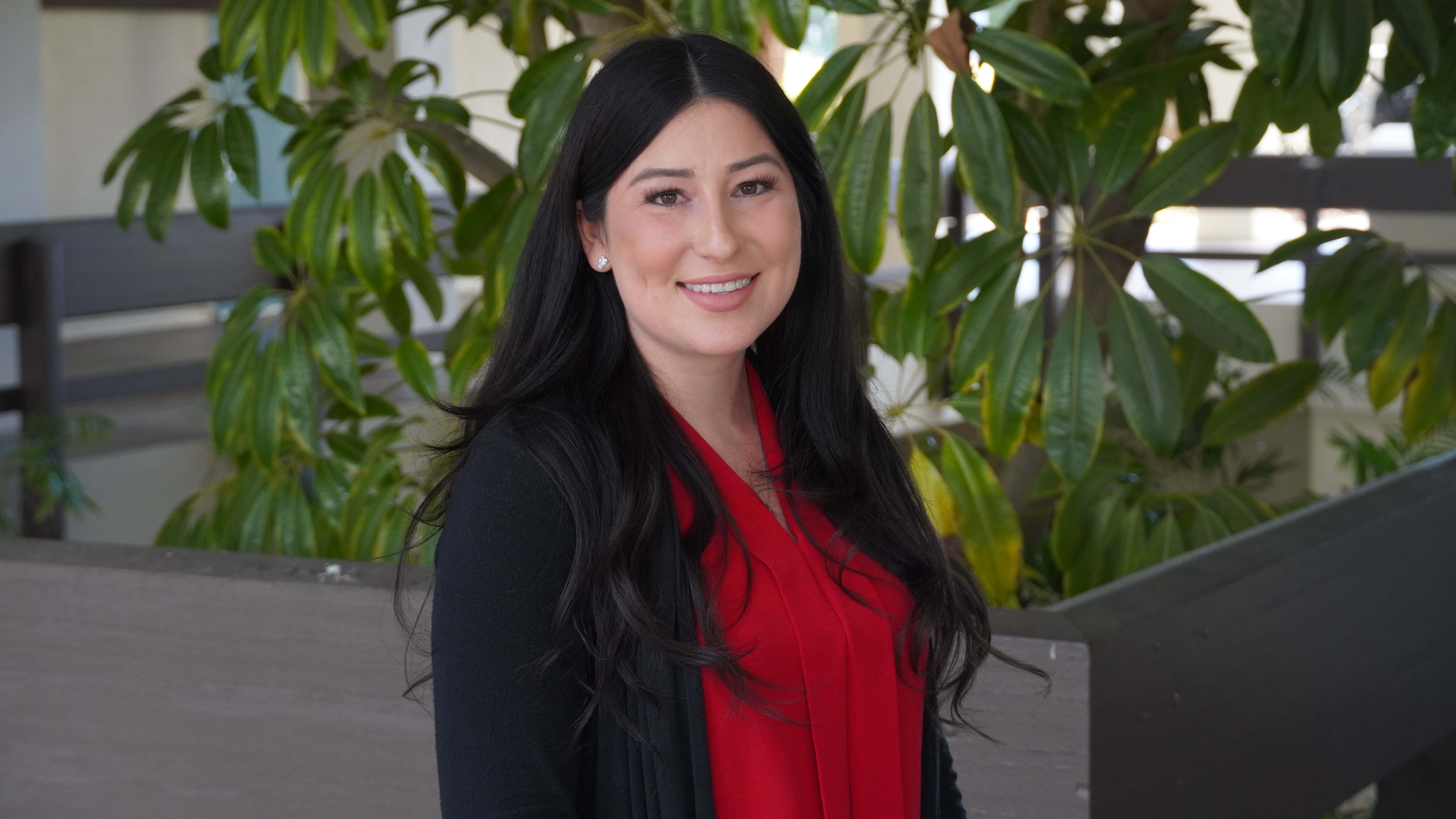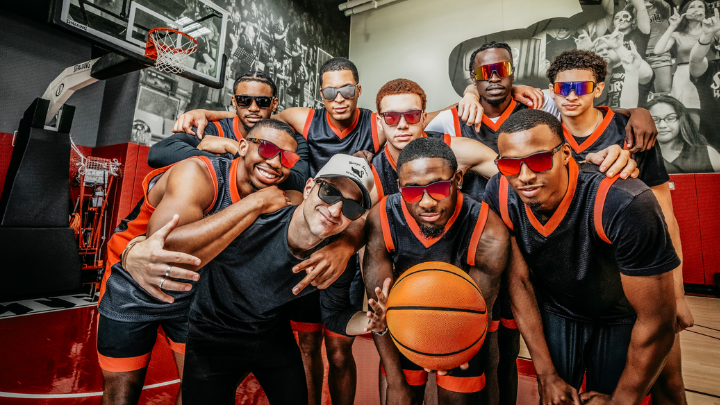The Indelible Legacy of JFK's Visit to SDSU
Sixty years ago, U.S. Pres. Kennedy delivered a San Diego State commencement address with a stirring and still-remembered line on the value of education.

Virtually every remembrance of President John F. Kennedy’s June 6, 1963 visit to San Diego State College quotes the same line from his 15-minute commencement address, a stirring passage that wasn’t part of his prepared remarks.
Kennedy had just been awarded the first honorary doctorate ever bestowed by the California State College system. He also was the first and, 60 years later, still the only sitting U.S. president to visit San Diego State.
Gov. Edmund “Pat” Brown and a host of state and local dignitaries were there, and Kennedy used the occasion at Aztec Bowl to deliver an appreciation for the importance of higher education in a nation living through both the dawn of the Space Age and the continuing agony of segregation and international challenges.
“No country can possibly move ahead, no free society can possibly be sustained, unless it has an educated citizenry,” Kennedy said.
The sentence was later engraved on a brass plaque at the foot of a granite marker commemorating the historic visit, and University History Curator Seth Mallios once called it “the region’s most legendary spoken words.” At the website for the John F. Kennedy Presidential Library and Museum, it’s among fewer than 70 selected quotations from his campaign and administration.
The remainder of his speech, delivered to an audience of 30,000, addressed the stark inequalities of education spending in different states, illiteracy, the nation’s unmet need for new schools and colleges, and the shortage of Ph.Ds.
In an oral history recorded in 2003, Robert Weir, who was senior class president, said Kennedy spoke without notes. The address followed the same outline as an advance text distributed to the news media, but Kennedy’s remarks, as delivered, were considerably more heartfelt.
Weir had extended one of two independent invites to Kennedy to attend commencement as an add-on to his already announced June 6 trip to the Marine Corps Recruit Depot. Representing SDSU’s Associated Students, he wrote to the White House with his idea.
The other, and more official invitation, came from political science professor Henry Janssen, who saw a visit from JFK as the first step toward overcoming a barrier against the awarding of doctorates by the state college system. Under the state Master Plan for Higher Education, conventional doctorates were reserved for the University of California. SDSC President Malcolm Love enlisted Brown for support and after initially declining, Kennedy agreed to come.
The college had just three weeks to prepare but the day came off without a hitch. Kennedy arrived at campus via a motorcade that drew tens of thousands of spectators to El Cajon Boulevard.
Sixty years later, the visit remains a major point of pride for the institution that became San Diego State University. The first research doctorate, in chemistry, was awarded in 1967 in partnership with the University of California, San Diego.
The physical mementos of the day are largely gone.
Aztec Bowl, SDSU’s former football stadium, was largely demolished to make room for a basketball arena. According to an exhaustive review of the event written by Mallios for the 50th anniversary, the original brass plaque at the monument near the back of the arena was stolen in 2008 (it was replaced in 2013 as part of a 50th anniversary celebration). The ceremonial gown and hood Kennedy wore have been lost.


